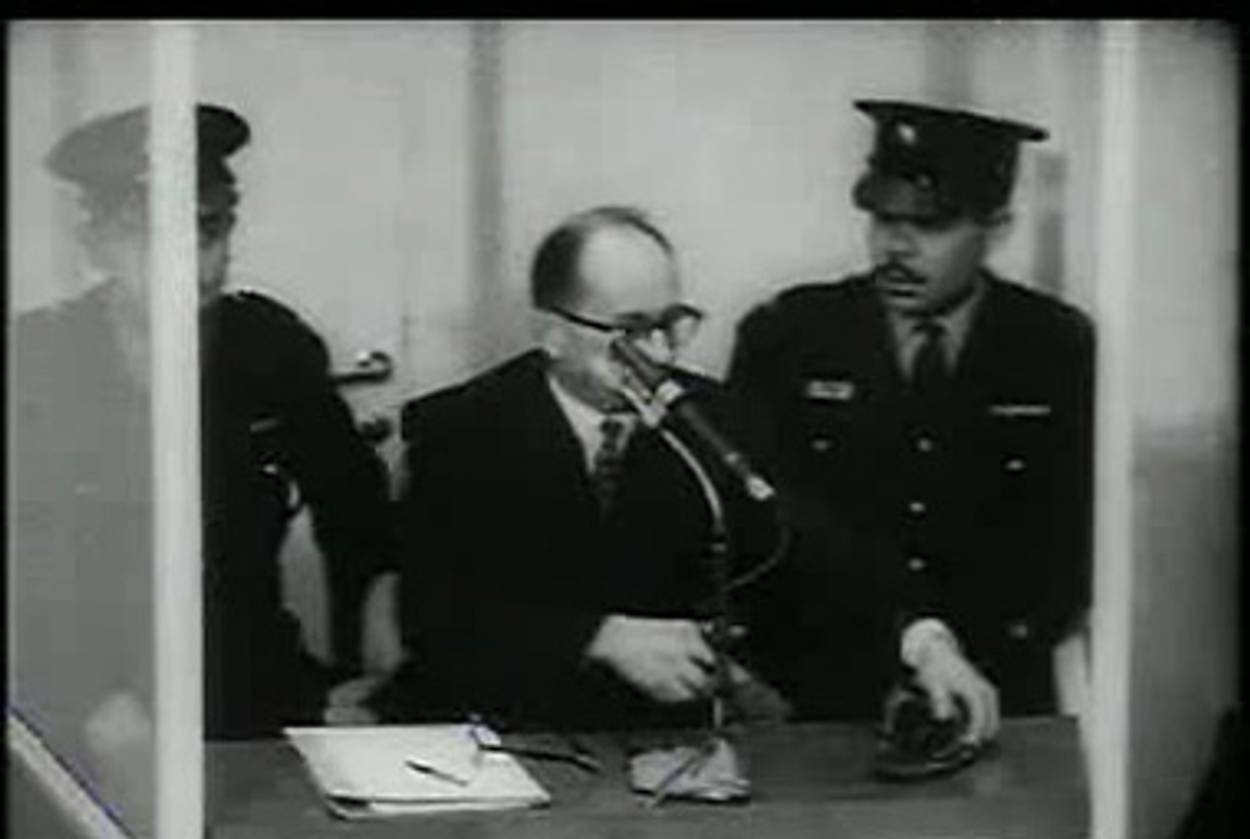Pressure Mounts for German Documents
‘Don’t mention the war,’ say some




In recognition of the 50th anniversary of the trial of Adolf Eichmann in Israel, Der Spiegel brought much new to light, including further details on just how much Eichmann regretted not being able to have killed even more Jews. (Well, I mean, you gotta reach for the stars. However, there is still controversy in Germany over the refusal of the BND (its equivalent of the CIA) to release several thousand documents related to West German knowledge of Eichmann’s whereabouts—as early as 1952, they were aware he was living with his family under an assumed name in Argentina—as well as, well, certain things we don’t know about because the documents remain classified. It turns out that while Germany is famously, and admirably, eager about confronting itself during the Nazi years, it is much more hesitant when it comes to postwar West Germany, which, in the very same mythology that right states that Nazism was an abomination, sees postwar West Germany as a brave alternative to the Communist East (true) and as a time of reckoning with and even purification of the country’s Nazi past (somewhat true, somewhat false).
It is actually surprisingly easy to sympathize with Germans who may, at this point, want the whole thing put finally to rest. But murder will out, as they say, and so will this.
50 Years After Trial, Eichmann Secrets Live On [NYT]
Related: The Eichmann Trial [Nextbook Press]
Earlier: Regrets, He Had a Few
Marc Tracy is a staff writer at The New Republic, and was previously a staff writer at Tablet. He tweets @marcatracy.